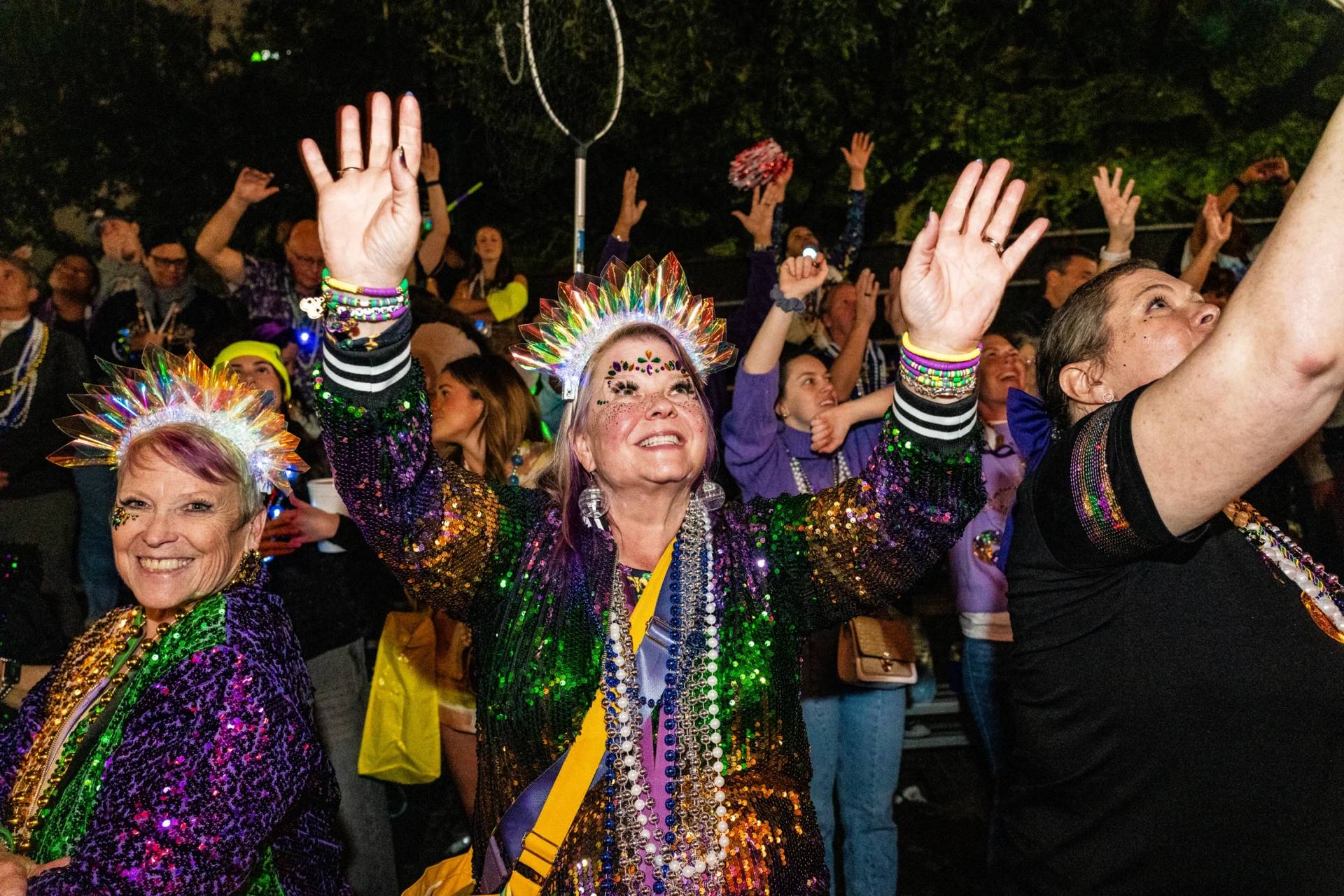As American churches slowly reopen their doors, questions linger about whether Pope Francis’s invitations to conversion and a different sort of institutional Church have taken root.
Austen Ivereigh, the British author of two books on the Argentine pope who also recently interviewed Francis about the pandemic, said Tuesday that “there are big sectors of the Church which just haven’t wanted to listen to Francis up to now” and predicted that those people will “shut their ears even more” in the weeks and months ahead.
Warning of an “extraordinary capacity to close our ears to the spiritual guidance that the pope is offering us at this time,” Ivereigh said that he fears “an even greater dividing of the waters” as many Catholics “seek refuge in a nostalgia, a desire to recreate Christendom through an alliance with national populism.”
His remarks came during a virtual dialogue, “The Papacy Confronts Coronavirus,” moderated by Paul Elie, senior fellow at the Berkley Center at Georgetown University, and Kim Daniels, associate director of Georgetown’s Initiative on Catholic Social Thought and Public Life and member of the Vatican Dicastery for Communication.
Daniels explained how the health crisis has brought into sharper relief the pope’s commitment to reshaping the ways Catholics imagine their engagement with the poor. She noted that the pope’s spiritual and moral leadership from the top has been met to a significant degree by the “Church from the bottom up that’s really acting to serve people on the ground.”
Exemplifying this “field hospital” church have been literal field hospitals in New York and places like Hope Border Institute at the U.S.-Mexico border, where Catholics from bishops to local lay leaders have come together to respond to the border crisis, Daniels said.
In response, Elie voiced concerns that recent reporting on conversations between Catholic bishops and government officials, including the president, suggests that some of the Church’s institutional leaders are out of step with Francis’s “field hospital” priorities due to their narrow focus on issues of religious liberty.
RELATED: Trump says he’s ‘best president in history of the Church’ in call with Catholic leaders
However, Daniels said the dichotomy between “field hospital” priorities and religious liberty protections is not so black-and-white. While it is clearly “dangerous to weaponize religious liberty,” she noted that those legal protections are also vital for allowing churches to live out their faith in public life.
Ivereigh said the potential for profound individual conversion in the face of major trials has been another long-term theme of the pope’s that has accelerated in the COVID-19 era, and pointed to Francis’s “tribulation writings” of the late 1980s, which contain the early roots of his recent references to the not-so-cheap grace that’s on offer in conversion during times like the present.
Francis is inviting us to reconnect with what matters, with nature and with family, Ivereigh continued, and also “remember how we’ve got here and realize that God has been with us all along,” which in turn will change us and change the future.
Elie and Daniels joined Ivereigh in unpacking the significance of the pope’s recent rebuttal to Ivereigh’s suggestion that the Church might emerge from the pandemic less attached to institutions.
Warning that the dream of a deinstitutionalized Church is a temptation to be resisted, Francis told Ivereigh during their interview that the Church is institution, and that it is the Holy Spirit that institutionalizes the Church.
Elie pointed out that this “powerful” statement challenges the language of “progressive church people on the left” who use the term “institution” as a pejorative adjective and advocate for dismantling it.
In the same section of the interview, Francis also warned of the opposite temptation, that of subjecting the Church to fixed institutions. Pointing to the Acts of the Apostles, the pope said that the Holy Spirit “deinstitutionalizes what is no longer of use and institutionalizes the future of the Church.”
Daniels said that what needs institutionalizing in the Church today are structures to ensure that the Church becomes a “listening Church in a more robust way.”
This project of institutionalizing deep listening, she continued, must involve “bringing in underrepresented voices and listening to them,” a task she noted that the Leadership Roundtable has been excelling at by bringing in lay people, women, and people of color. “Listening happens better and decision-making happens better when we have a diversity of people in the conversation,” she added.
Ivereigh argued that the main thing to deinstitutionalize is precisely the institutional mentality that has lurked behind the abuse crisis, a mentality concerned with “maintaining institutions, protecting them, ensuring power alliances to sustain them.”
“The focus of institutions is not on institutions; Church institutions must be focused on Christ and on the humanity which those institutions are created to serve,” Ivereigh said.













